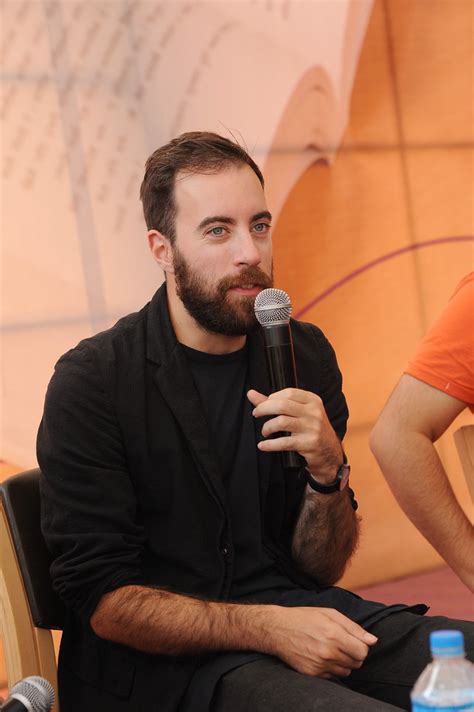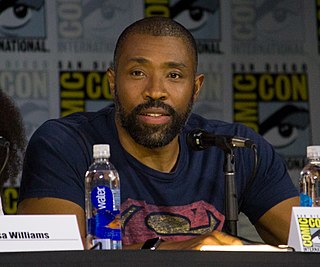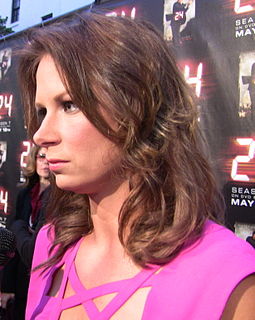A Quote by Ken Liu
My wife, Lisa, and I both grew up on wuxia - Chinese historical romances. They're kind of analogous to Western epics. They're based on history, just like 'the Iliad' and 'the Odyssey' are based on history, but they're romanticized, and a lot of fantasy elements have been added.
Related Quotes
I've always really loved big worlds and the kind of worldbuilding where you can open a portal into a new realm that feels full and complete. At the same time, I also really love history. So the combination of big worlds and history draws me directly into fantasy. Well, it should turn me towards historical fiction but I'm such a perfectionist about research that I'm not sure I could ever write a book in that genre properly. In fantasy, you have to have the same level of precision, but it's not as research-based. Plus, I get to write my little info sheets and draw my maps.
Most romances aren't swept aside by big historical events. Most romances in the history of the world fall apart because of other, smaller happenings. History can sometimes be in the background, the thing which instead of rupturing your life merely irritates you by pressing itself now and then into the foreground.
I started going out with one of my managers and he really grew me up in a lot of ways. He introduced me not just to being a full-time traveler, which I was, but he was also really very interested in history and art and continued to open my eyes up to regional history; less splashy histories. He was interested in historical societies and stuff like that. He introduced me to a way of looking at the way communities form that is the foundation for the book that I've just finished writing that has to do with what I see as effective community-building wherever I've been traveling.
If the Democrats want to make an efficacy or merit-based argument with respect to the Electoral College, then by all means make it. It ought to be based in history and fact not fanciful revisionist history, and it should be made not just during an election year because of discontent with the electoral outcome.
We live in a supermarket of ideas, faiths, practices, theories, ideologies, and much else besides. Never in human history have there been so many movements and ideas struggling to attract our attention. Added to this, the Western world is swamped by material goods and the Western mind is dominated by the goal of material success. In all this confusion, Zen stands out as a voice of sanity. It represents a different way of seeing the world, one based upon the rediscovery of who we really are and have always been, through revealing to us our true nature.
Growing up, I didn't really read a lot of comics; we didn't really have the money to get them. But I grew up a universal fan of fantasy and sci-fi and watching a lot of TV. There's always this question of 'Are you a fan of sci-fi or fantasy?' But can't you be a fan of both? We love everything fantasy, my wife and I.
[Sundance] still feels significant. I don't think you can help but come here and not feel that sense of history and its significance in influencing film. And I think it still does. Some of that is based on history, but it's also based on really incredible programmers who are showcasing such an incredible variety of cinema.





































